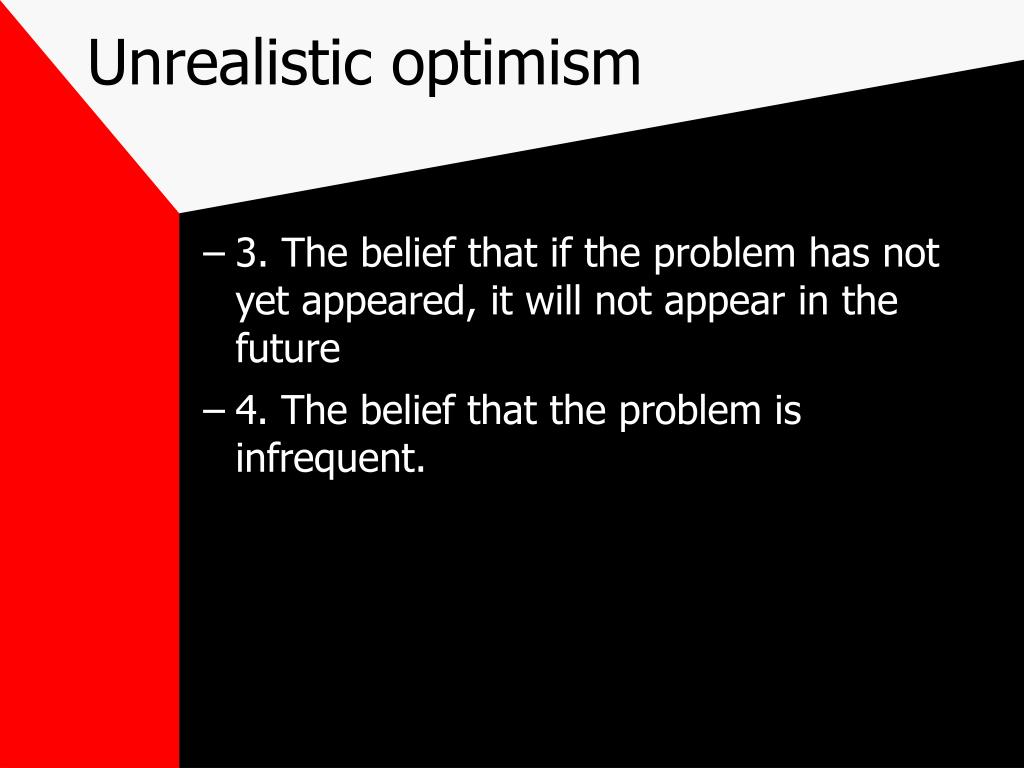
To be precise, one who is realistic attracts goodwill even when he or she did not work for it. Why? Because life account will tell you that people find favour when they are real. It may surprise you that realistic in one’s behaviour may not really need an addition of hard work for achieving success. Realistic with little hard work has already taken you to where you want to be or where you have expected to be or get in life. Now imagine if you consider being realistic, you have already achieved a mile to your destination. Everyone seems to be optimistic in life but your desired goal is all about hard work. Remember that optimism alone cannot take you to your desired destination to be successful. You may not really rely on hopefulness and that is being optimistic but being realistic you will surely meet your prospects and beyond what you expect.

Experience in life has taught me that opportunities can come to you when you build within yourself a realistic attitude towards people. That means in whatever we do and believe in we should be honest.Ī life of honesty brings hopefulness and expectation to get the best in all our endeavours. But then again is it really easy to see one who is realistic and optimistic at the same time? That can be possible, but Tali Sharot in her book, Major Delusion, reminds us not to get carried away with optimism but to be realistic. Though many choose optimism rather than being realistic and that means a character expecting to see the best in all things. Rather, it’s a positive attitude that seems to help – whether or not that attitude is realistic.To be realistic takes a lot to build in one’s life. The results fit with the idea that an unassailably objective grasp on reality isn’t necessarily the key to good mental health. Moreover, they were better able to cope with stressful experiences, and had lower levels of negative emotions and higher levels of positive emotions following those experiences. In particular, people who had this positive bias in their anticipated future emotional states had higher levels of resilience and well-being. It turned out that having unrealistically high expected levels of positive emotions was associated with several mental health benefits. In the study, the researchers asked people to rate the levels of positive and negative emotions they expected to feel in the future. The latest study to offer evidence for the advantages of an unrealistically positive attitude comes from a team of researchers in Spain and Italy. And the most optimistic attitude, of course, is not necessarily the most realistic one. More generally, as I’ve written about on here before, optimism has been linked to a wide range of mental and physical health benefits.

A 2006 study, for example, found that college students with more “positive illusions” about themselves and their own abilities also reported having higher levels of well-being. Since then, psychology research has provided some support for that idea. It challenged the traditional idea that “accurate perceptions of the self, the world, and the future are essential for mental health.” After all, the authors reasoned, as much as we might aspire to have a realistic outlook on life, having an unrealistically positive attitude might have benefits of its own.

One of the first psychology papers to explicitly make that case was published in 1988 by Shelley Taylor and Jonathon Brown, under the title Illusion and Well-being.

Having a realistic view of the world might be overrated.


 0 kommentar(er)
0 kommentar(er)
